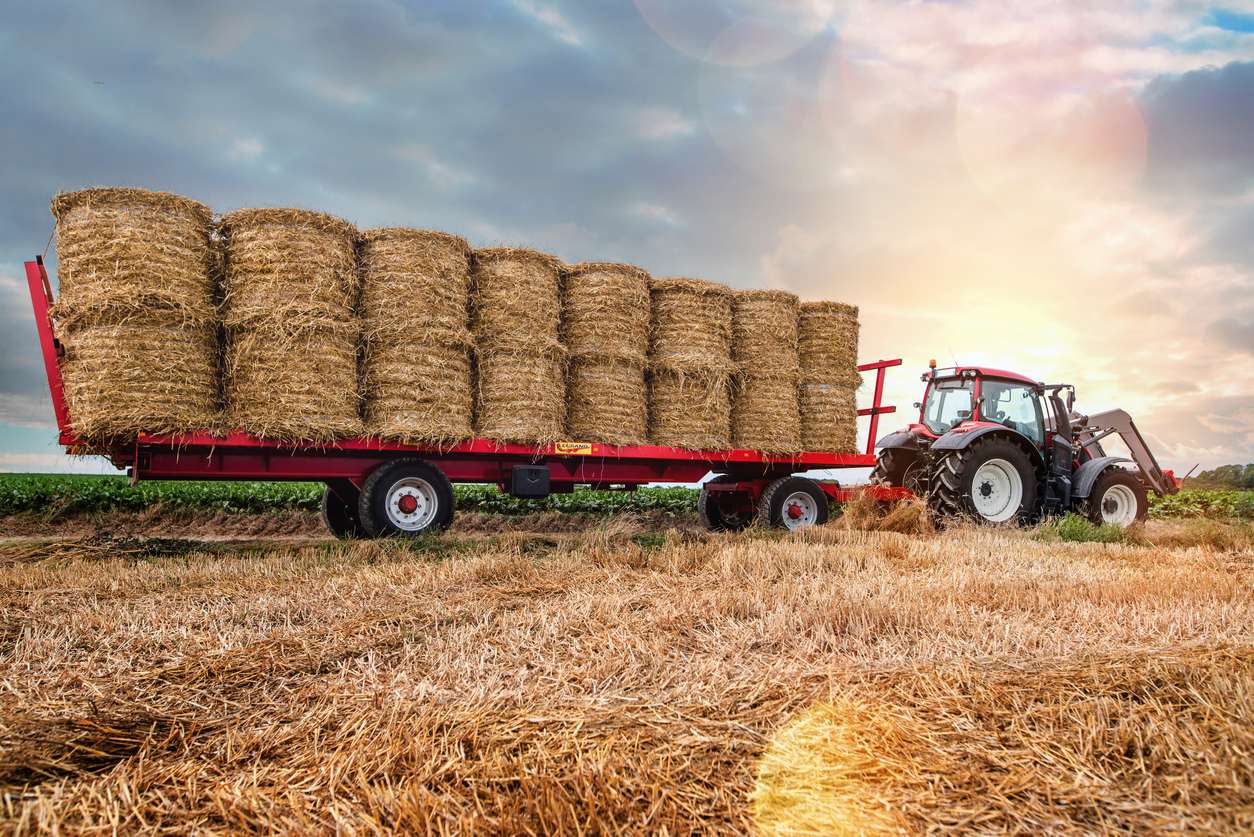ceat-speciality:blogs-tags/all,ceat-speciality:blogs-tags/technology
Which are the Top 5 Ways to Make Agriculture Smart?
Fri, 13 Oct 2023 | PRODUCTS
Agriculture is no exception in an era of technology revolutionizing nearly every industry. Smart farming, often called precision agriculture, is changing the landscape of traditional farming practices. These innovations are enhancing efficiency, sustainability, and productivity in agriculture. Referred to as Farming 4.0 or digital agriculture, smart farming encompasses using information and data technologies to enhance intricate farming systems. This concept extends to individual machinery and encompasses all farming operations.
In this blog, we’ll explore the top five ways to make agriculture smart and how these advancements are reshaping the future of farming.
Data-Driven Farming
Smart farming begins with data. Farmers are now leveraging technology to collect vast amounts of data related to soil quality, weather patterns, crop health, and more. Advanced sensors and drones can provide real-time information, enabling farmers to make informed decisions. Analysing this data helps optimize irrigation, fertilization, and pest control, leading to higher yields and reduced resource wastage.
Precision Equipment
Smart agriculture involves using precision equipment and machinery, including advanced technology in farm tyre design. Tractors, harvesters, and other farm equipment are equipped with GPS and IoT sensors, allowing for precise planting, harvesting, and monitoring. This level of precision saves time and conserves resources like fuel and seeds. It also extends to specialized tyres designed for optimal performance in varying agricultural conditions. These tyres are engineered with features like advanced tread patterns and materials to ensure they can handle the precision requirements of modern smart farming practices.
Automation and Robotics
Automation has found its way into agriculture in the form of robotic systems. These robots can perform tasks like weeding, harvesting, and even milking. With the ability to work around the clock, they increase operational efficiency and reduce labour costs.
Remote Monitoring and Control
Smart farming enables farmers to monitor and control their operations remotely. With the help of mobile apps and web platforms, farmers can check the status of their crops, adjust irrigation systems, and receive alerts about potential issues, all from the convenience of their smartphones or computers.
Crop Management Software
The use of specialized software applications has become integral to modern farming. These applications offer crop modelling, yield forecasting, and inventory management features. Farmers can optimize planting schedules, assess the impact of different fertilizers, and plan for market demand with the help of these tools.
According to Business Insider Intelligence, nearly 12 million agricultural sensors will be deployed worldwide by 2023. Furthermore, tech industry leader IBM estimates that an average farm has the potential to generate up to half a million data points daily. This data can be instrumental in helping farmers enhance crop yields and boost their profits.
The top five ways to make agriculture smart involve data-driven decision-making, precision equipment, automation, remote monitoring, and crop management software. As technology advances, we can expect even more innovative solutions to emerge, further transforming the agriculture industry. Smart farming is not just a trend; it’s the future of agriculture.
Benefits of Smart Farming
- Enhanced Crop, Fertilizer, and Fuel Storage Management
- Improved Operational Efficiency
- Enhanced Security for Farm Boundaries and Structures
- Sustainable Agricultural Practices
- Enhanced Safety for Farm Workers and Livestock
- Cost-Effective Farming Solutions
Smart Farming Solutions
The smart farming solutions provide farmers with a comprehensive and detailed overview of their assets, machinery, and livestock. This constant data stream is transmitted to connected devices around the clock, ensuring a clear and up-to-date understanding of on-ground operations.
Smart farming is not only about increasing productivity but also about sustainable practices. Smart agriculture addresses environmental concerns by managing resources and reducing waste. CEAT Specialty tailors agriculture solutions to align with the everyday challenges farmers encounter.






















